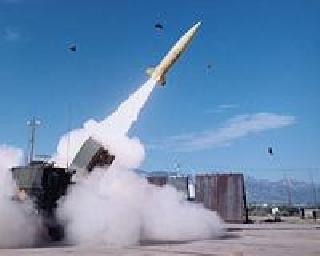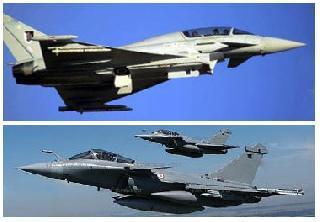
The Army Tactical Missile System (ATACMS).
SEOUL (AFP): South Korea has deployed missiles capable of hitting the North Korean capital Pyongyang near the tense border on the peninsula, media reports in Seoul said Friday.
The forward deployment of the surface-to-surface missiles, known as the Army Tactical Missile System (ATACMS), was in response to a recent rise in tensions, Yonhap news agency and Dong-A Ilbo newspaper reported.
Several ATACMS missiles, which can be fired from multiple rocket launchers, have been sited near the border Demilitarised Zone, Yonhap quoted a military source as saying.
A spokesman for the South's Joint Chiefs of Staff declined comment but said strategy could be applied flexibly.
The defence ministry denied the report.
With an effective range of 165 kilometres, the missiles can pinpoint targets with a global positioning system and inertial guidance technology, Yonhap said.
The South's army in 2004 completed the purchase of 220 ATACMS missiles from the United States.
Dong-A said the missiles were deployed both to frontline areas and the capital area to respond to any North Korean long-range missile attacks.
It said the South's military expects they will act as a deterrent.
The North has for years sited artillery and missiles along the border which are capable of hitting Seoul.
Tensions have been high since the South accused its neighbour of torpedoing a warship in March 2010, killing 46 sailors.
The North denied responsibility for the sinking but last November killed four people with a bombardment of a South Korean border island.
This month, its military threatened an attack in protest at the use by some South Korean troops of photos of Pyongyang's ruling family as rifle-range targets.
The practice has been stopped but the North is demanding an apology.
 Previous Article
Previous Article Next Article
Next Article













The Indian Air Force, in its flight trials evaluation report submitted before the Defence Ministry l..
view articleAn insight into the Medium Multi-Role Combat Aircraft competition...
view articleSky enthusiasts can now spot the International Space Station (ISS) commanded by Indian-American astr..
view article